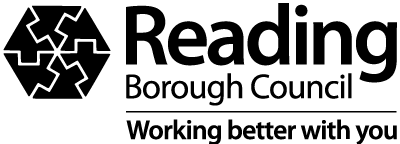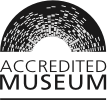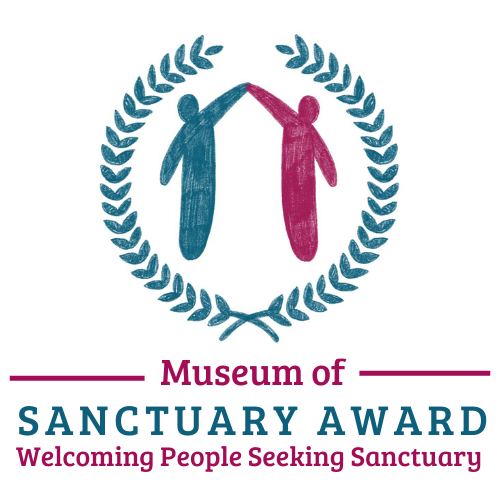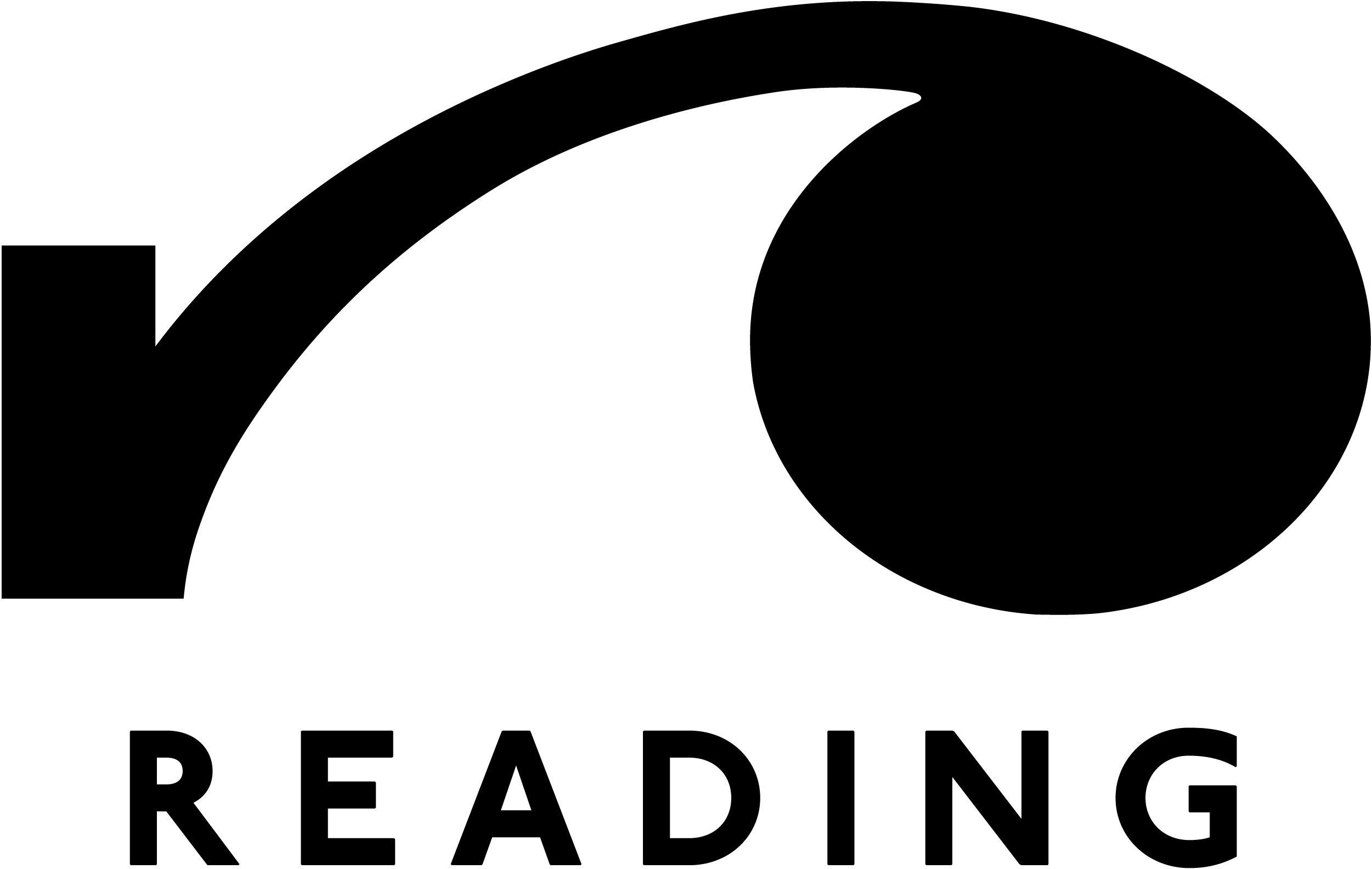There is always a special atmosphere in our town in late August as we prepare to play host to the Reading Festival. The Little John’s Farm site is already being readied, boosting Reading's numbers ahead of the world’s leading contemporary musical acts' arrival.
But why is it that Little John’s Farm should have become this place of pilgrimage for such a gathering of so many thousands of music fans, who travel from all corners of the globe to take part in a weekend of music, mud and mayhem? During the build up to the Festival’s 30th anniversary in 2001, the Museum conducted a programme of research into the history of this landmark cultural event, and found the answer.

A number of locally based bands have performed at the Reading Festival over the years, most recently Sundara Karma, who donated an Artist’s Pass to the Museum’s collection of festival memorabilia. (REDMG: 2016.58.10)
The newly qualified accountant Harold Pendleton was a huge fan of Traditional and New Orleans Jazz when he moved to London in 1948 from his hometown of Southport, Lancashire. By 1958 he had hit upon the idea of combining his skills for business administration with his passion for music, establishing a jazz club in a rented ballroom called the Marquee Club, situated beneath the Academy Cinema on Oxford Street, London (demolished 1989). As every music promoter will testify, personal taste in music does not necessarily equate to business success and before long Harold was moving with the times and booking a new wave of artists for his club, with Modern Jazz and Rhythm & Blues artists taking centre stage. The Marquee club was soon attracting bigger audiences and in March 1964 the club moved a short distance to what became its most famous venue at 90 Wardour Street. Here, almost every major band of note played with residencies including Alexis Korner, Cyril Davies, The Rolling Stones, The Yardbirds, Led Zeppelin, The Who, The Jimi Hendrix Experience and Pink Floyd. Despite the commercial success of these new forms of contemporary music, Harold had not lost his love for more traditional forms of Jazz and travelled to the USA to attend the early Monterey Festivals.

Guitar hero Ted Nugent appeared at the Reading Festival in 1975 and featured as cover star on this Spanish Magazine for the 1976 Festival. (REDMG: 2003.283.7)
Back in England he and his wife Barbara enjoyed nights out at Reading Town Hall to watch performances by some of the great traditional Jazz musicians of the time, including good friend Chris Barber. They also took occasional days out at Richmond Athletic Ground to watch the show jumping, close to their home in Twickenham. Not a great fan of equestrian sports, one sunny afternoon Harold found himself drifting off into a day dream and had a vision about how this sporting venue might be transformed into the ideal place to showcase acts from his Marquee club. He thought it could perhaps become something along the same lines of the festivals he had attended in America.
Never afraid to follow his dreams, Harold approached the showground’s committee and asked permission to stage a one-off event on the following August Bank Holiday weekend. The first of his National Jazz Festivals duly took place at Richmond in 1961. He described it as being nothing more than a summer garden party to celebrate the emerging and established artists appealing most to young music fans at the Marquee Club. Profits were not insignificant, but pressure upon Richmond Athletic Club’s stewards over the disruption that rowdy young people attending these sorts of events can cause meant that by 1966 Harold’s Jazz and Blues Festival was just too hot to handle. For a number of years Harold had to seek out others sites and for a while the Festival was nomadic, settling eventually by 1970 in the horse-racing course at the village of Plumpton, East Sussex.

An advertising flyer and ticket booking form for the first Reading Festival in 1971. (REDMG : 2011.623.2)
Despite the problems, the National Jazz & Blues Festivals had achieved a reputation for providing quality entertainment for younger people and a boost to local economies. So much so that by June 1971 it was to Harold that Reading turned to organise a popular music festival amongst a programme of cultural events marking a double anniversary in the Town’s History: the foundation of Reading Abbey in 1121 and the first literary reference to Reading in the Anglo Saxon Chronicle of 871AD. The exertion of arranging Reading’s 1971 double Anniversary Pop Festival proved too much for Harold and his team, and so it was not possible to organise the traditional Bank Holiday Jazz & Blues Festival that August and it was cancelled. However, on the whole, the 1971 double anniversary cultural festival in Reading was felt to be a positive success by Town Councillors and so when Pendleton applied for a licence to stage his National Jazz and Blues Festival for 1972 in Reading (this time reverting back to the traditional August Bank Holiday) his request was granted.
The rest is history….
This blog was written based on an Oral History Interview with Harold Pendleton, Organiser and Promoter of the Reading Festival 1971 - 1992 (Museum Object REDMG: 2001.46.1).





